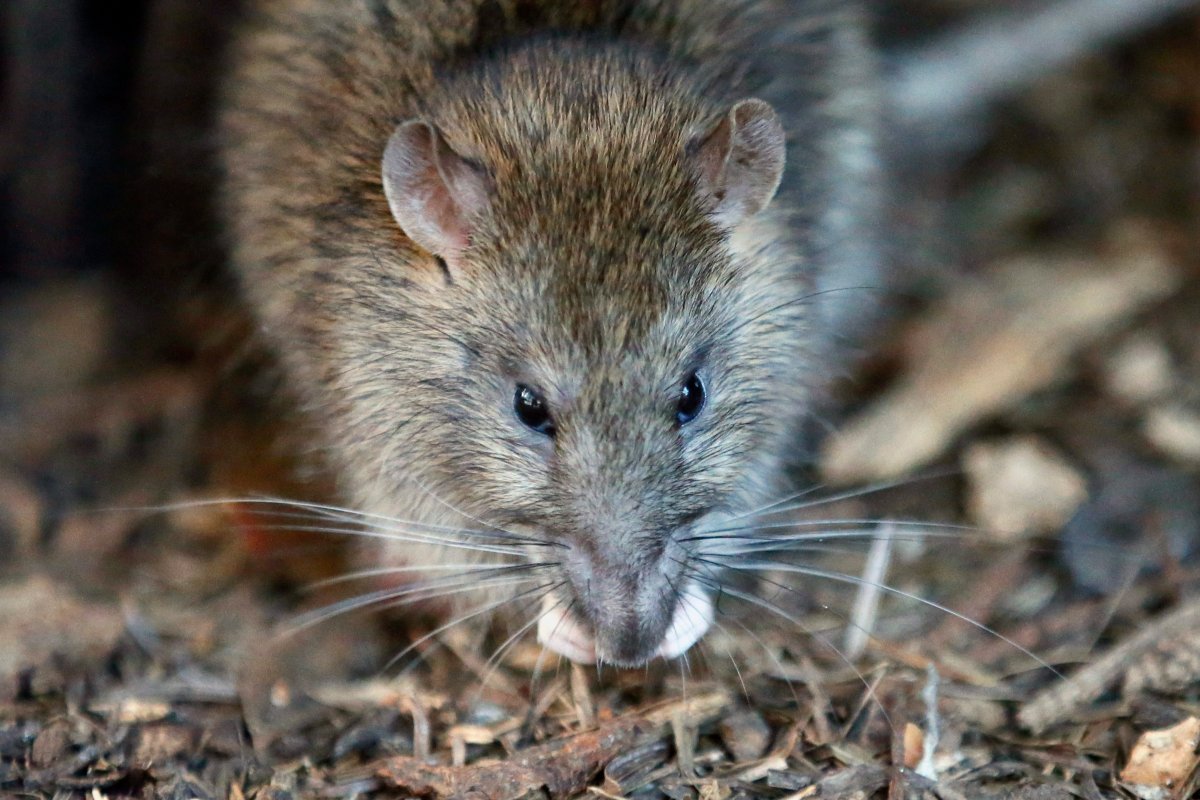Snakes and rodents have been linked to the outbreak of salmonella illnesses that has now spread to six provinces, the Public Health Agency of Canada says.

“Many of the individuals who became sick reported having direct or indirect contact with snakes, pet rats and feeder rodents (used as reptile food) before their illnesses occurred,” a press release issued by the agency on Tuesday reads.
According to the agency, reptiles and rodents can carry salmonella bacteria, even when they appear to be healthy and clean and show no signs of illness.
“Even having indirect contact with these animals or their environments can put you at risk for developing a salmonella infection,” the release reads. “For example, children playing in a room where a reptile was previously allowed to roam can be at risk of an infection.”
Officials said the investigation is ongoing and that it is possible that other sources could be identified.
Who’s at risk?
The release said anyone can become sick with a salmonella infection, but children under the age of five, older adults, individuals with weakened immune systems and pregnant women are at a higher risk for contracting serious illness.

Get weekly health news
Those with a salmonella infection typically start to notice symptoms within six to 72 hours after exposure, the agency said.
The symptoms include fever, chills, diarrhea, abdominal cramps, headache, nausea and vomiting.
According to the agency, the symptoms usually last between four and seven days, with most people making a full recovery without treatment.
However, in some cases, severe illnesses and hospitalization may occur.
“People who experience symptoms, or who have underlying medical conditions, should contact their health care provider if they suspect they have a Salmonella infection,” the release reads.
The agency said it is also possible for some people to be infected with the bacteria and not get sick or show any symptoms, but still be able to spread the infection to others.
According to the release, as of Dec. 10, there have been 92 confirmed cases of salmonella illnesses across Canada.
Here are the salmonella cases reported by province:
- British Columbia — 4
- Ontario — 16
- Quebec — 52
- New Brunswick — 9
- Nova Scotia — 5
- Newfoundland and Labrador — 6
The individuals became sick between April 2017 and October 2019, the agency said.
Of those who have contracted the illness, six have been hospitalized. No deaths have been reported.
Preventing salmonella infections
Past outbreaks of salmonella linked to snakes and rodents, the agency said, highlight the “important role snake and rodent owners can play in preventing new illnesses linked to these types of pets.”
The agency said there are a number of things the public can do to prevent a salmonella infection.
Preventive measures include washing your hands immediately after touching a reptile or rodent or areas they live, play or touch, regularly cleaning any surfaces reptiles and rodents touch, keeping the animals and their food out of the kitchen and other places where food is made or eaten, and always keeping reptiles and live rodents in habitats designed for them.
Additionally, the agency said reptiles and rodents should not be kept in homes, daycare centres, schools or other facilities with children under the age of five, and children should always be supervised when touching and playing with them.
A full list of preventive steps can be found on the agency’s website.








Comments